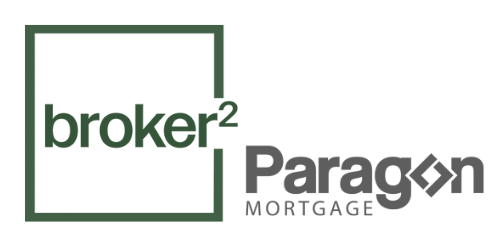Fixed-Rate or Variable-Rate Mortgage?
If you're looking to buy a new property, refinance, or renew an existing mortgage, chances are, you're considering either a fixed or variable rate mortgage. Figuring out which one is the best is entirely up to you! So here's some information to help you along the way.
Firstly, let's talk about the fixed-rate mortgage as this is most common and most heavily endorsed by the banks. With a fixed-rate mortgage, your interest rate is "fixed" for a certain term, anywhere from 6 months to 10 years, with the typical term being five years. If market rates fluctuate anytime after you sign on the dotted line, your mortgage rate won't change. You're a rock; your rate is set in stone. Typically a fixed-rate mortgage has a higher rate than a variable.
Alternatively, a variable rate is not set in stone; instead, it fluctuates with the market. The variable rate is a component (either plus or minus) to the prime rate. So if the prime rate (set by the government and banks) is 2.45% and the current variable rate is Prime minus .45%, your effective rate would be 2%. If three months after you sign your mortgage documents, the prime rate goes up by .25%, your rate would then move to 2.25%. Typically, variable rates come with a five-year term, although some lenders allow you to go with a shorter term.
At first glance, the fixed-rate mortgage seems to be the safe bet, while the variable-rate mortgage appears to be the wild card. However, this might not be the case. Here's the problem, what this doesn't account for is the fact that a fixed-rate mortgage and a variable-rate mortgage have two very different ways of calculating the penalty should you need to break your mortgage.
If you decide to break your variable rate mortgage, regardless of how much you have left on your term, you will end up owing three months interest, which works out to roughly two to two and a half payments. Easy to calculate and not that bad.
With a fixed-rate mortgage, you will pay the greater of either three months interest or what is called an interest rate differential (IRD) penalty. As every lender calculates their IRD penalty differently, and that calculation is based on market fluctuations, the contract rate at the time you signed your mortgage, the discount they provided you at that time, and the remaining time left on your term, there is no way to guess what that penalty will be. However, with that said, if you end up paying an IRD, it won't be pleasant.
If you've ever heard horror stories of banks charging outrageous penalties to break a mortgage, this is an interest rate differential. It's not uncommon to see penalties of 10x the amount for a fixed-rate mortgage compared to a variable-rate mortgage or up to 4.5% of the outstanding mortgage balance.
So here's a simple comparison.
A fixed-rate mortgage has a higher initial payment than a variable-rate mortgage but remains stable throughout your term. The penalty for breaking a fixed-rate mortgage is unpredictable and can be upwards of 4.5% of the outstanding mortgage balance.
A variable-rate mortgage has a lower initial payment than a fixed-rate mortgage but fluctuates with prime throughout your term. The penalty for breaking a variable-rate mortgage is predictable at 3 months interest which equals roughly two and a half payments.
The goal of any mortgage should be to pay the least amount of money back to the lender. This is called lowering your overall cost of borrowing. While a fixed-rate mortgage provides you with a more stable payment, the variable rate does a better job of accommodating when "life happens."
If you’ve got questions, connect anytime. It would be a pleasure to work through the options together.







